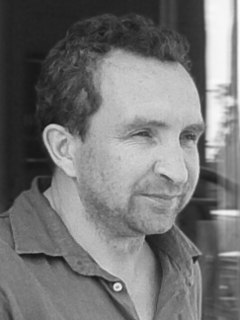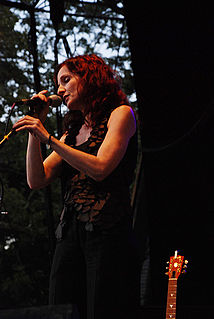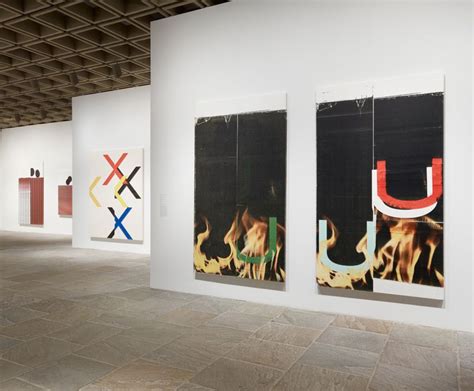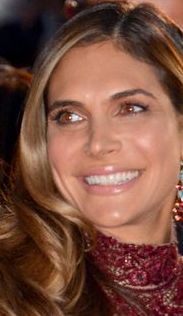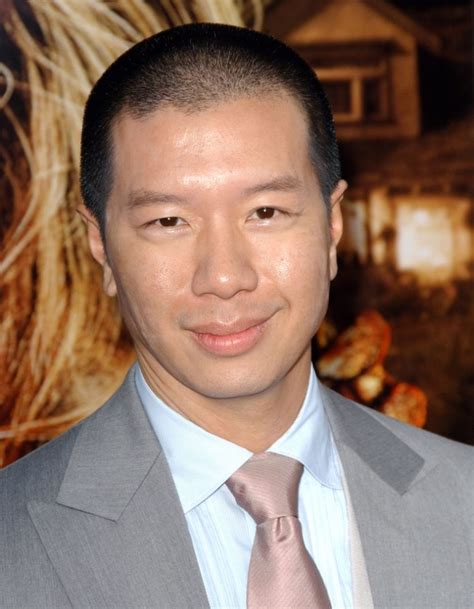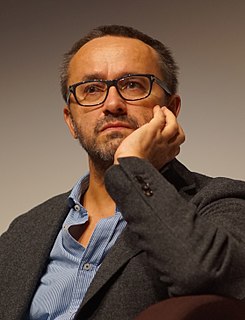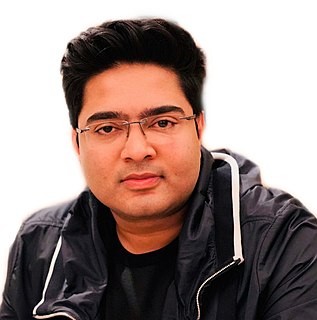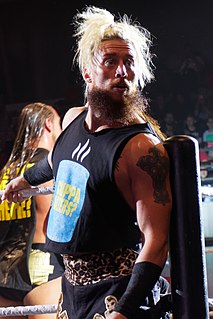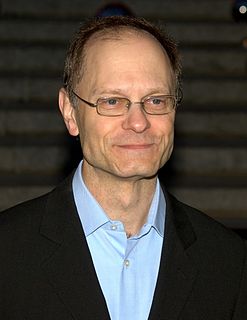A Quote by Eddie Marsan
As a working-class actor, leaving school with no qualifications, being a printer and then becoming an actor and then working with people who to a certain extent had had a leg up. I never had that advantage. It's less an artistic need to express myself and more a need to prove myself.
Related Quotes
I had to go in and do the work of toning [invented "historical" bits] down in order to make them fit [in Lincoln in the Bardo]. It's like if you're an actor and you're always overacting, well, you're a bad actor. But if you're an actor who subdues yourself to the extent that's necessary, then you're really acting.
When an actor comes to you and starts working with the script, the image of his character that you had in your mind gets substituted with an image of that particular actor. And this is the right way to go. An actor has to be absolutely truthful - this is the only thing required of him, apart from talent of course. It's very easy to understand: you need to absolutely believe in what you see.
Right away, I knew I didn't want to have that look of other guys with long hair and bell-bottom pants, because everybody else had that look. I kind of adopted my boarding-school look, which made me stand out. Then the next thing you know, the first song on my first record is a song called "School Days." It's about going to the boarding school I went to. So then I just started to write about myself. The very first song I ever wrote was about a guy I met in a boatyard that we were working in. So I've always had this thing about sticking to more or less what I knew.
When you're working as an actor, you don't think that when you get out of school, it's going to be so hard to get a job. Just to get a job. Any job. Whatsoever. You don't think that people are going to see you in a certain way. Uta Hagen said this, "In my life, I see myself as just this, you know, kind of flamboyant, kind of sexy middle-aged woman. And then I see myself onscreen, and I go 'Oh my God.'" And it's the same thing with me. I didn't see myself any different from my white counterparts in school. I just didn't!
In Britain, we need to start presenting the option of being a writer in front of black women. We need to present the idea of being a writer into poorer communities because the majority of black people in this country are working class. We need to let working-class people know that their voices are important.
It's hard to explain why exactly, but I think that when I began writing plays, it was from an actor's point of view more than anything. I had the feeling that if you put yourself in the position of the actor on stage and write from that perspective, it would give you a certain advantage in terms of being inside of the play.
